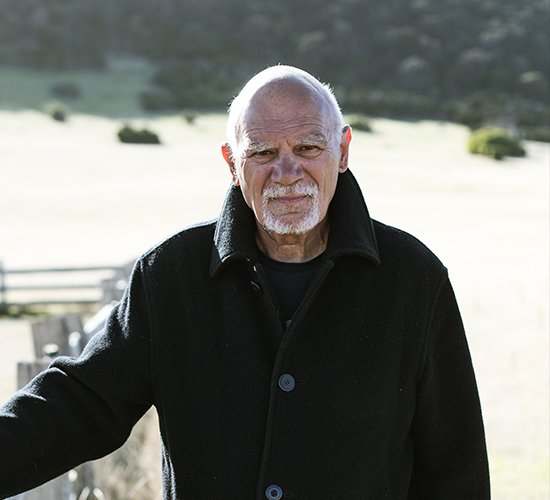Tasmanian community
Tasmanian-ness
The word you most often hear about the distinctive nature of Tasmanian communities is 'connected'.
It’s never been easier to be digitally connected. Tasmania offers something more authentic, more human.
When you commit to this place something special happens. You experience it in business, in the arts, in social ventures, in public service, in our schools, and on our ovals.
In modern history, Tasmanians had to overcome unique obstacles. Isolation, and our relatively small population, encouraged cooperation and support.
You’ll feel it walking your dog or when you’re out for a morning run. You’ll feel it on the street as you buy your coffee. You’ll feel it at work and on the sidelines as your children compete. You’ll understand it when you need help, and when you have the opportunity to help someone else.
Being Tasmanian is different.
lutruwita / Tasmania
The European invasion interrupted thousands of years of Tasmanian Aboriginal culture and history. When the United Nations needed a definition for the word “genocide”, they cited the experience of Tasmanian Aboriginal people.
Tasmanian Aboriginal people were told, right up until the 1970s, that they no longer existed: in the media, in schools, in official documents. They persevered. They worked together to rebuild language, culture, and an understanding of country. Through their connections, and their understanding of country, they are teaching all Tasmanians the importance of their culture.
That inspiring work is ongoing with leaders of today and with a new generation.
There are a growing number of opportunities to engage with Tasmanian Aboriginal culture and history, on the page and on country in museums and galleries, led by elders and community leaders.
Tasmanian Aboriginal communities continue to explore and express how they lived, how they live, and how they will live. The rest of us are listening, acknowledging, learning, and acting.
Learn more"No matter what happens we cannot undo the past. But to have the broader Tasmanian community stand with us to recognise us for who we are, to recognise our rights and aspirations – wouldn’t that be something."
